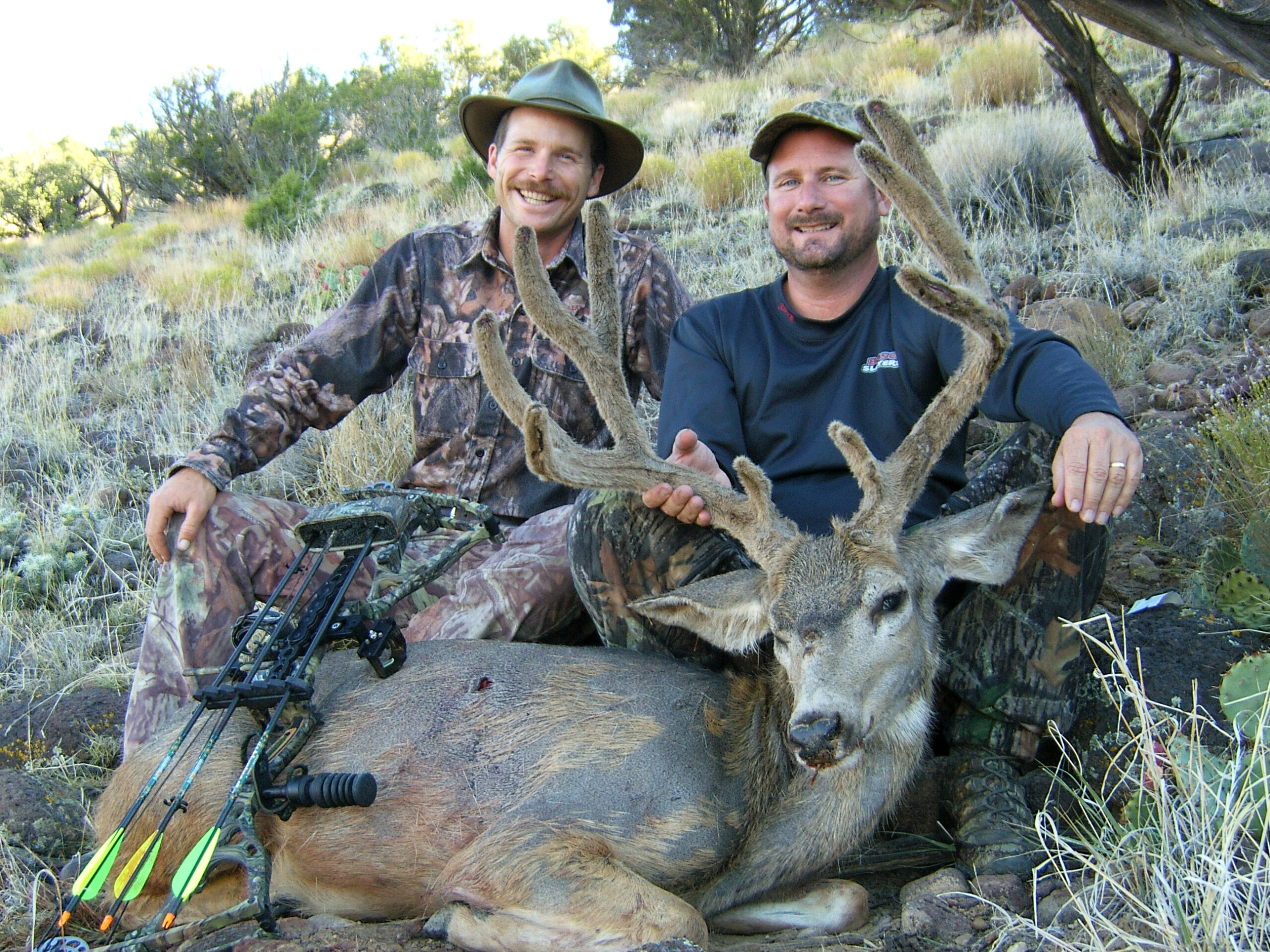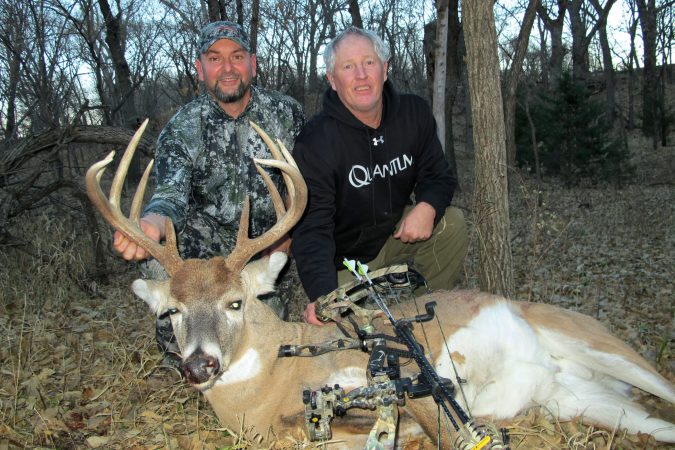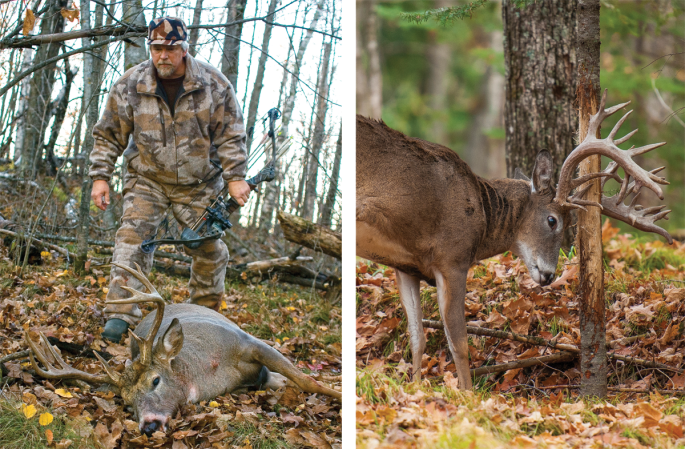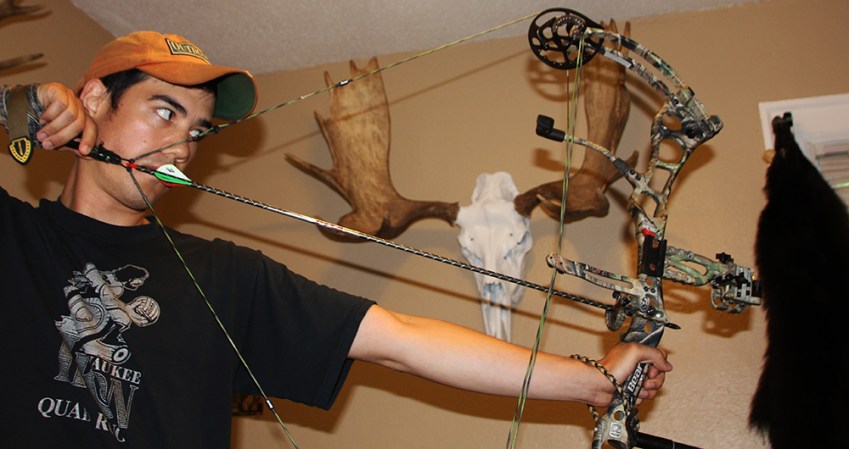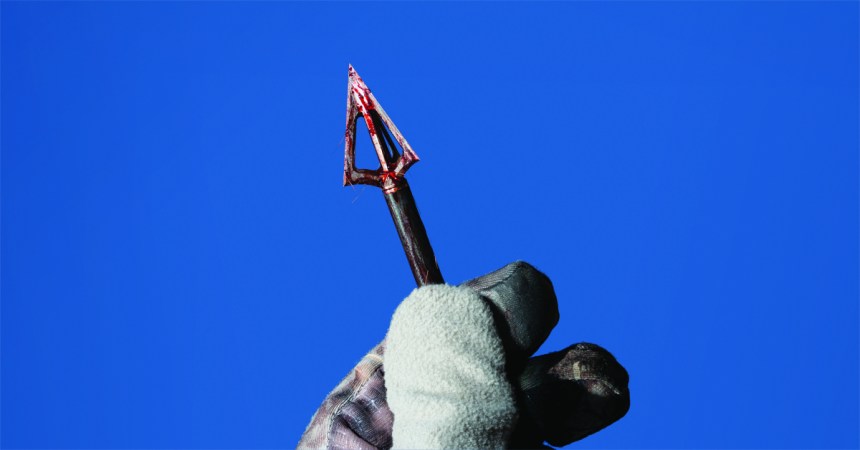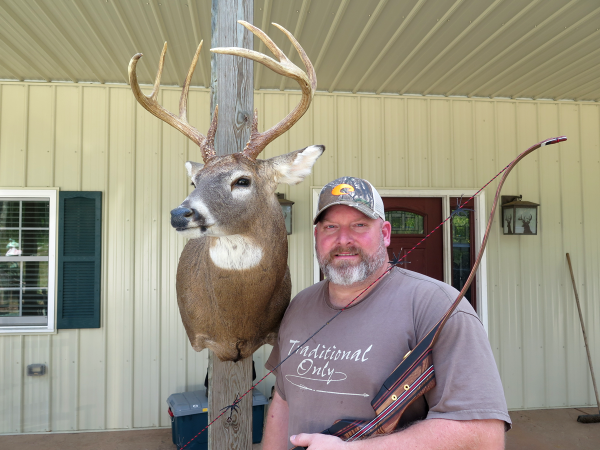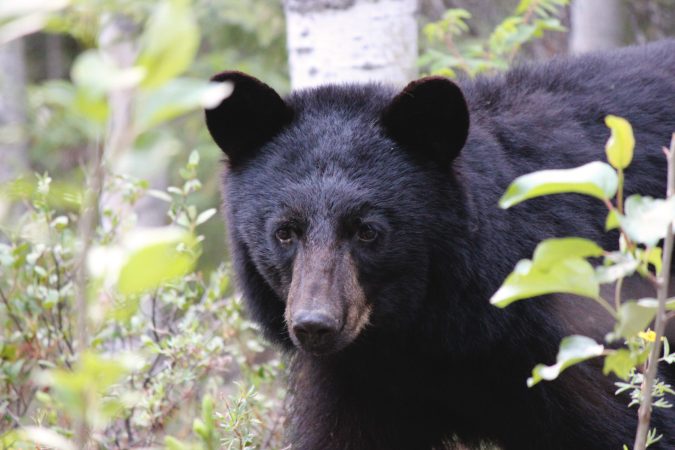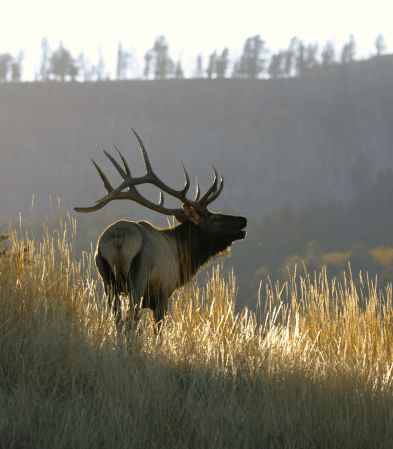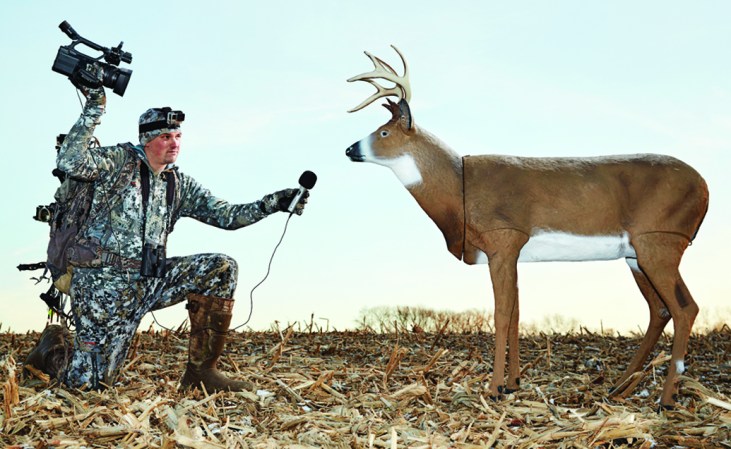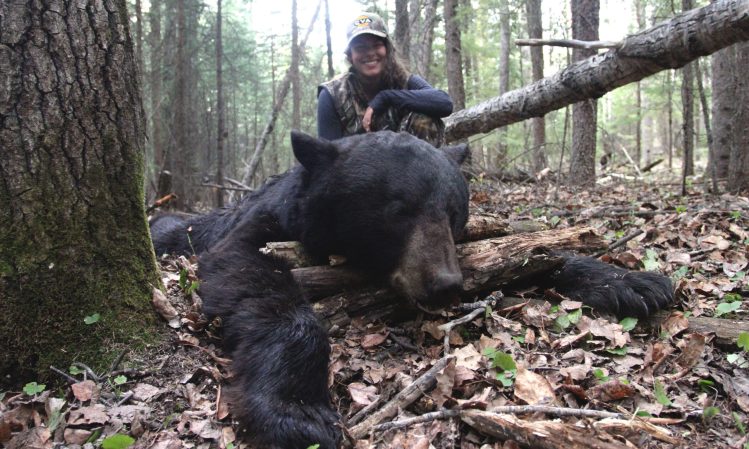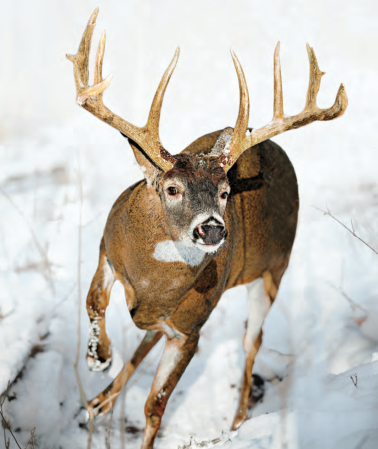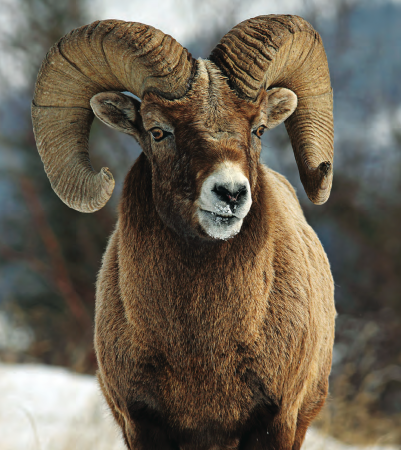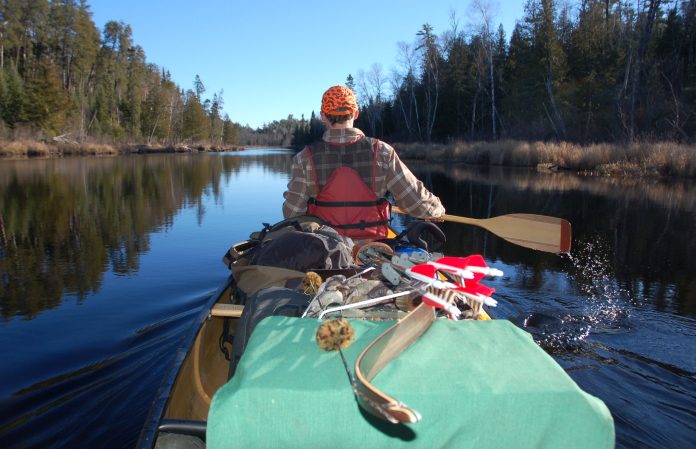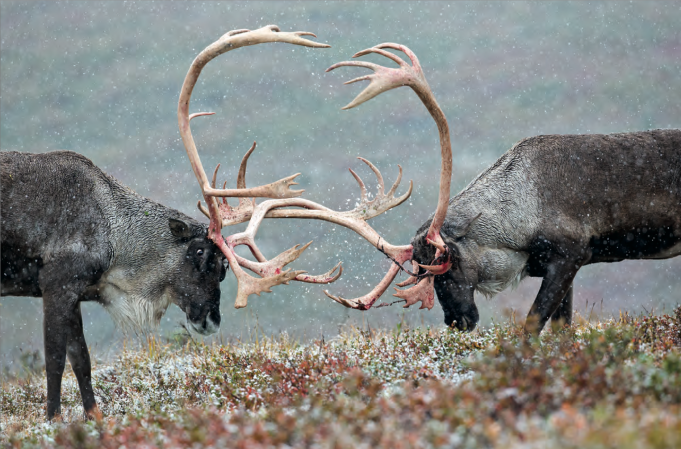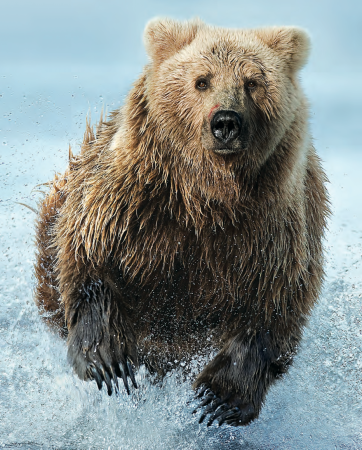During nearly two decades of guiding and outfitting, I’ve seen almost every imaginable combination of happy or unhappy hunters and guides. A question that I’ve repeatedly heard from hunters is “How much should I tip my guide?”
The answer is relative of course, to the type of hunt, the guide himself, and the experience he’s provided. The easy answer is “A minimum of ten percent of the actual hunt price.” In other words, if your adventure is priced at $5,500 you should tip your guide at least $550 bucks. But in the real world it’s not quite that simple.
The Good
A good guide typically will not ask for a tip–it’s up to you to step forward with it. But a large portion of a guides wages come from the tips of generous hunters, so it’s not to be taken lightly.
Guides–especially backcountry guides–work incredibly long, hard hours for their hunter, often eighteen hours or more per day. The backstage stuff that many hunters never see including prep, handling horses, packing meat, cleaning and fueling equipment, washing dishes, and so on can wear a guide down to nothing. But he (usually) loves his job and has a powerful desire for you to harvest an animal, so he (or she, there are some great lady guides) will drag himself out of his bedroll again and again to have hot coffee and food on the table, horses saddled and waiting before he calls you to breakfast.
If a guide does an exceptional job for you, puts you on an extraordinary animal, or works unusually hard for you, he deserves to be treated well. If you like your guide and have had a great time, consider tipping twelve to fifteen percent. And if he’s put you on a world-class animal you should consider even more.
In addition, a thoughtful hunter will have some small but tasteful gift for his guide. For example, a quality knife, headlamp, or cartridge wallet that he can place in his guides hand as a token of thanks.
Who else should you tip? The cook, wrangler, and other staff will appreciate a tip very much. Many times a 50 or 100 dollar bill is great, but if you’re unsure consider asking the outfitter to recommend an amount. Lastly, proffer a small tip or token to the outfitter. Even though he likely won’t accept a tip, it’ll make him feel appreciated.
The Bad
On the flip side there are times when a good tip is not deserved or advisable. If a hunter ends up with a crappy outfitter or guide and a worthless hunt, he should consider carefully whether to tip or not.
For instance, if an outfitter has misled you and the hunting area and game numbers are not what you expected, but your guide does a commendable job and tries hard to salvage your hunt, he should still be tipped. However, if your guide is unethical, sullen, or totally incompetent just tip the cook at the end of your hunt and walk away.
The above unfortunate circumstances can and should be avoided by preforming due diligence before booking. Ask extensive questions of the outfitter, followed with calls to past hunters, both successful and unsuccessful. Speak with local outfitter organizations and state game agencies. Gather all the information that you can before booking. It’s a lot of work but it’ll enable you to choose a good outfitter who will provide you with a great hunt.

